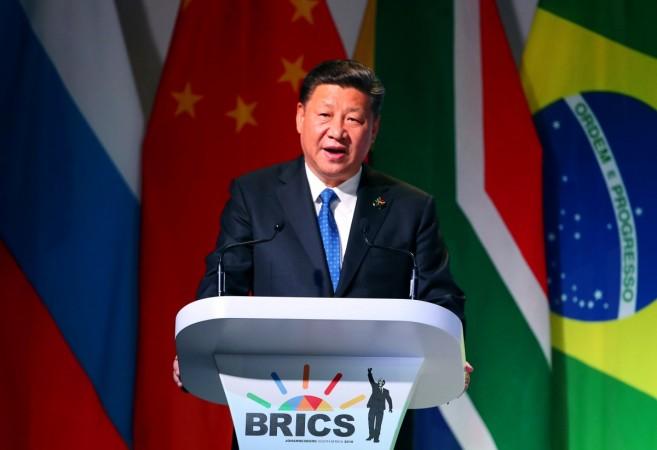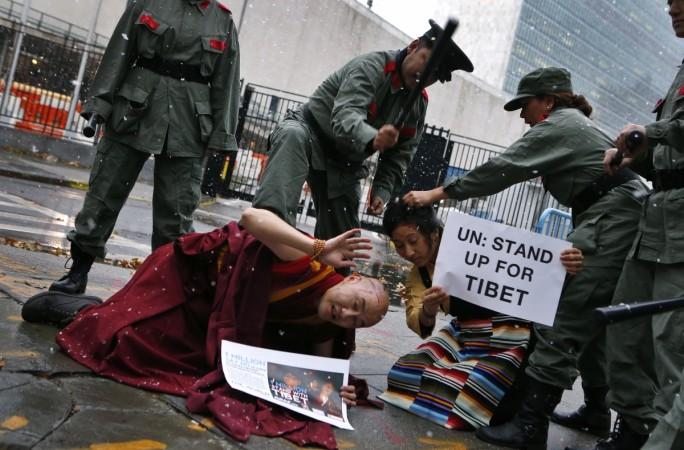Last year marked a 'significant deterioration' in reporting conditions for foreign journalists in China, the Foreign Correspondents' Club of China said on Tuesday, with no reporter saying in a new survey that conditions had improved last year.
The group said 55 percent of respondents to its 2018 reporting conditions survey said they believed conditions deteriorated last year, the largest proportion since 2011.
'Not a single correspondent said conditions improved,' the group said, unveiling results of a survey of its 204 foreign correspondent members, 109 of whom responded to questions.

"Rapidly expanding surveillance and widespread government interference against reporting in the country's far northwestern region of Xinjiang drove a significant deterioration in the work environment for foreign journalists in China in 2018."
Foreign ministry spokesman Geng Shuang told a regular news briefing that the report was "not worth refuting" and could not represent the views of all foreign journalists.
The government has repeatedly said it is committed to ensuring foreign media can report easily, but that they must follow the rules and regulations.
According to rules issued just before the 2008 Beijing Olympics, foreign reporters can interview anyone as long as they have permission.
But the government often interprets the rules to suit its needs, rights groups say, especially when it comes to sensitive subjects. Tibet remains off-limits for foreign journalists apart from government-organised visits.

While foreign journalists are occasionally harassed or temporarily detained, domestic media operate under strict government controls. Chinese reporters have been fired or jailed for writing stories that stray too far from the government line.
President Xi Jinping has overseen a sweeping crackdown on dissent since assuming office six years ago and his administration has tightened Communist Party controls on all levels of society, including in Xinjiang.














